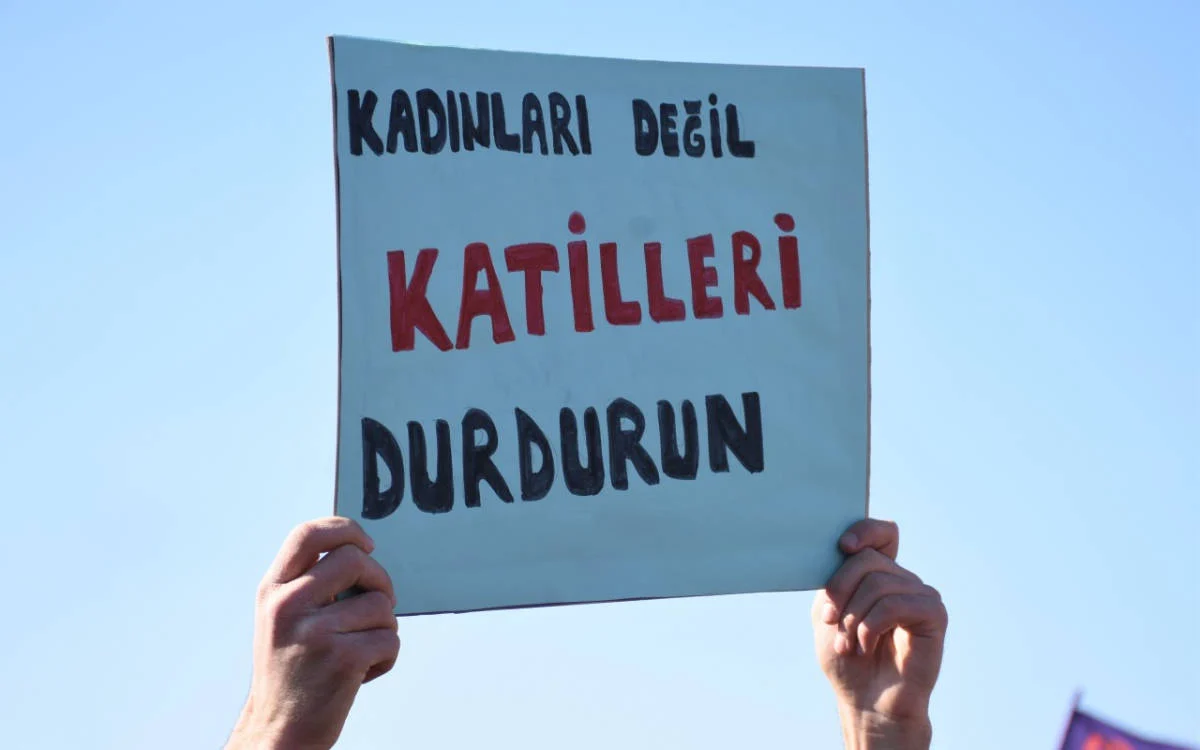The Radio and Television Supreme Council (RTÜK) has established ethical principles regarding the representation of women in the media and male violence against women on International Women's Day, March 8.
Asserting that the media deepens the representation of women and violence, RTÜK conducted a "Violence Research in Television Broadcasts." According to this, 70% of viewers believe that there is too much violence in television broadcasts. Additionally, the violence image that causes the most discomfort on screens is violence against women by men, with a rate of 36.8%.
RTÜK, emphasizing the need to overcome societal problems through broadcasts, outlined the "Ethical Principles for Combating Violence Against Women in the Media" as follows:
1. Show the perpetrator, not the victim: Avoiding expressions that belittle and portray women as helpless in news content. Instead, using a language that identifies the act of violence as a crime, unacceptable, and not normal, emphasizing the perpetrator of the act.
2. Do not legitimize violence: Avoiding language and obscene storytelling that legitimizes the act of violence when reporting a violent incident. Creating awareness of various types of violence such as psychological, economic, cyber, and supporting the role of traditional and new media in combating violence against women with sensitivity.
3. Guilty, not respectable: Avoiding expressions that boost the reputation of the perpetrator, lighten the crime, or provide excuses for the crime (e.g., a husband with a mental breakdown, an angry husband, a long-unemployed husband). Also, refraining from positive descriptions of the crime (e.g., respectable businessman, father of two, famous artist). Not focusing on the conditions and situations of the violence incident (e.g., midnight in the park) and the individual characteristics of the woman victim (e.g., clothing style, marital status, personality). Respecting the privacy of the victim and their family.
4. Support the struggle: Not judging and triggering explicit images, heavy detailed shots, instructive details of the crime technique, atmospheric music, and sound effects in all productions.
5. Be an example for children: Considering the negative effects of real and fictional violence, especially in children's programs. Presenting the responsibilities of life, work, and home in a balanced way between men and women.
6. Portray a strong woman, tell about a strong woman: To eliminate stereotypes, portraying women not only in specific professional groups but also representing different age, profession, culture, and socioeconomic groups (national athlete, successful farmer, entrepreneurial housewife) as strong and successful characters. Increasing the visibility of role model female characters.
7. Broadcast the punishment, show justice: Sharing the punishments given to the perpetrators with the public to increase deterrence. Repeatedly conveying the message that violence will not go unpunished.
8. Seek support, give support: Consulting experts (psychologists, educators, lawyers, sociologists, etc.) on violence against women for media content producers. Establishing ethical committees for self-regulation to develop self-control mechanisms. Increasing awareness of public mechanisms for preventing and supporting violence (KADES, ALO 183, etc.).
RTÜK stated that the decisions would be closely monitored to prevent the inclusion of violent content in radio and television broadcasts. Despite RTÜK establishing ethical principles, there has been criticism in previous years for not addressing violence, with more than 16,000 complaints received in 2019, of which 13,000 related to broadcasts that incite or normalize violence. The majority of these complaints (90%) were related to TV series and film content. Despite this, RTÜK did not address a single one of these complaints, prompting criticism from a member of the Supreme Council, İlhan Taşçı. (HA/VK)






